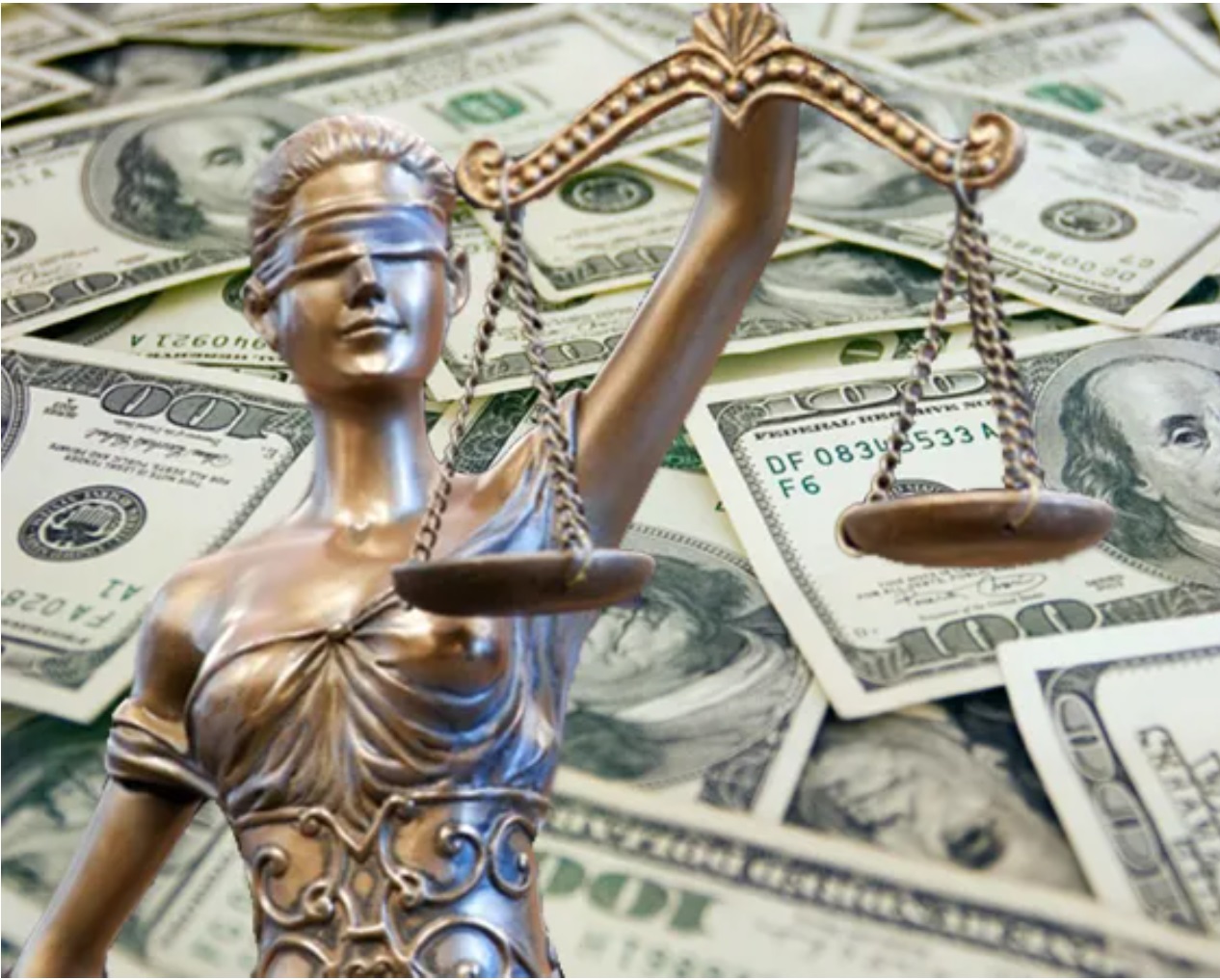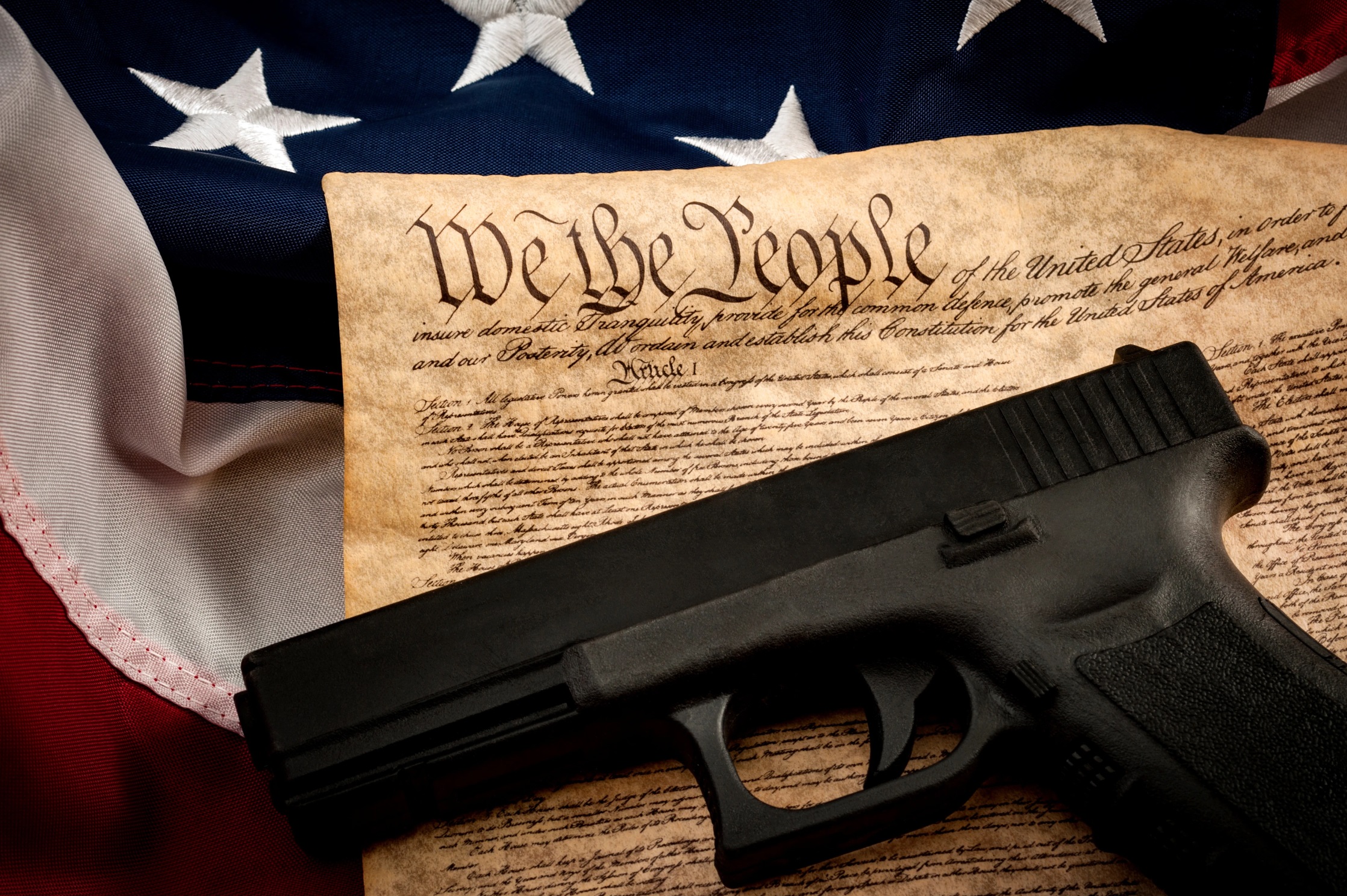Understanding the Importance of the Bill of Rights
Since its inception, the United States has been built on the principles of liberty, justice, and the protection of individual freedoms. At the heart of this foundation lies the Bill of Rights, a collection of ten amendments to the U.S. Constitution that guarantees and safeguards the rights and liberties of every American citizen. The Bill of Rights serves as a shield against tyranny, ensuring that the government does not overstep its boundaries and that individuals retain their fundamental human rights. In this article, we will delve into the significance of the Bill of Rights, exploring its role in defending our freedom and how each amendment serves as a vital protection in an ever-changing world.
Introduction: Understanding the Importance of the Bill of Rights
Exploring the Historical Context
The Bill of Rights, the first ten amendments to the United States Constitution, is not just a dusty piece of paper tucked away in history books. It is a powerful shield that protects our liberties and limits the government’s power over us. To truly understand its importance, we need to take a trip back in time.
The Bill of Rights
- Amendment 1 – Freedoms, Petitions, Assembly
- Amendment 2 – Right to bear arms
- Amendment 3 – Quartering of soldiers
- Amendment 4 – Search and arrest
- Amendment 5 – Rights in criminal cases
- Amendment 6 – Right to a fair trial
- Amendment 7 – Rights in civil cases
- Amendment 8 – Bail, fines, punishment
- Amendment 9 – Rights Retained by the People
- Amendment 10 – States’ rights
The Founding Fathers’ Vision for Individual Freedoms
Picture this: it’s the late 18th century, and the Founding Fathers are attempting to establish a new nation. They are determined to create a land where people can live free from the oppression they experienced under British rule. These brilliant minds recognized the inherent rights of individuals and wanted to ensure that their vision would withstand the test of time.
Thus, the Bill of Rights was born. It guarantees fundamental freedoms that we, as citizens, often take for granted today. It is a testament to the Founding Fathers’ commitment to securing our liberties and protecting us from the clutches of tyranny.
The First Amendment: Safeguarding Freedom of Speech, Religion, and the Press
Defining Freedom of Speech and its Limitations
Freedom of speech, Is the right that allows us to express ourselves, and to speak our minds without fear of retribution from the government. But, as with all things, there are limits to this freedom. So, while you have the right to voice your opinions, it doesn’t give you the right to yell “fire” in a crowded theater or spread false information that harms others. It’s all about finding that delicate balance between expressing yourself and respecting the rights of others.
Protecting Freedom of Religion: Separation of Church and State
In a diverse society like ours, freedom of religion is of utmost importance. The First Amendment ensures that the government cannot establish or favor any religion. It allows each of us to believe (or not believe) in whatever we choose without interference. So whether you’re a practicing Jedi or a devoted Pastafarian, the Bill of Rights has got your back.
The Critical Role of a Free Press in a Democratic Society
A free press is the watchdog of democracy, and the First Amendment recognizes its importance. It grants journalists the right to hold the government accountable and report the truth, even if it sometimes makes those in power uncomfortable. So, the next time you read a news article or watch a news segment, remember that the Bill of Rights ensures that the press can operate independently, safeguarding our democracy one headline at a time.
The Second Amendment: Preserving the Right to Bear Arms
An Overview of the Second Amendment
Gun ownership is the backbone of American Democracy, The Second Amendment often sparks heated debates, but what does it say? Well, it affirms the right of the people to keep and bear arms. However, it’s important to note that this right is not absolute. It comes with responsibilities and regulations that aim to strike a balance between individual liberties and public safety.
Debates and Interpretations of the Right to Bear Arms
The Second Amendment has fueled many debates over the years, with differing interpretations on the extent of gun rights and the necessity of regulation. It’s a complex issue that requires careful consideration, as we strive to protect both personal freedoms and ensure public safety. So, love it or loathe it, the Second Amendment plays a vital role in our nation’s ongoing dialogue about gun rights.
The Fourth Amendment: Protecting Against Unlawful Searches and Seizures
The Importance of Privacy Rights
Privacy is a precious commodity, and the Fourth Amendment recognizes this. It protects us against unreasonable searches and seizures, ensuring that the government can’t invade our personal space without just cause. So, sleep soundly knowing that the Bill of Rights has your back when it comes to protecting your privacy.
Understanding Search Warrants and Probable Cause
We’ve all seen the movies: the dramatic moment when a search warrant is presented, and the bad guys are caught red-handed. Well, it’s not just Hollywood magic; it’s a vital part of our legal system. The Fourth Amendment requires law enforcement to obtain a warrant based on probable cause before searching your home or seizing your property. It’s all about striking a balance between crime prevention and individual rights.
So, there you have it. The Bill of Rights is the backbone of our freedoms, protecting us from the clutches of tyranny. It’s a reminder that our ancestors fought hard to ensure that we can live in a society where our rights are respected. So, let’s embrace these rights, defend them fiercely, and be grateful for the protection they provide in our daily lives.
The Fifth Amendment: Due Process and Protection Against Self-Incrimination
The Principle of Due Process: Fairness and Justice
When it comes to protecting our freedoms, the Fifth Amendment is a crucial defender of fairness and justice. Embedded within this amendment is the principle of due process, which ensures that every individual is entitled to a fair and impartial judicial proceeding. This means that before a person can be deprived of life, liberty, or property, they have the right to a fair trial, adequate notice of the charges against them, and an opportunity to present their case.
The Right to Remain Silent: Protection Against Self-Incrimination
One of the most famous parts of the Fifth Amendment is the protection against self-incrimination, often summed up by the phrase “I plead the fifth.” This right grants individuals the power to remain silent and not be compelled to testify against themselves in a criminal case. It adds a layer of protection, ensuring that no one can be forced to jeopardize their interests or be coerced into self-incrimination. While the right to remain silent may have become a cliché in movies and TV shows, its importance in preserving our freedom cannot be overstated.
The Eighth Amendment: Prohibiting Cruel and Unusual Punishment
The Evolution of Cruel and Unusual Punishment Clause
The Eighth Amendment serves as a powerful shield against excessive punishment. It forbids the government from imposing cruel and unusual punishments on individuals found guilty of crimes. While the definition of “cruel and unusual” has evolved, it reflects our society’s commitment to treat even the most heinous offenders with a sense of humanity and dignity.
Controversies and Challenges in Interpreting the Eighth Amendment
Interpreting the Eighth Amendment is not without its challenges and controversies. As times change and societal values shift, what constitutes cruel and unusual punishment can be subject to debate. Courts grapple with issues ranging from the constitutionality of the death penalty to the appropriate treatment of prisoners. Nevertheless, the guiding principle of the Eighth Amendment remains clear – to prohibit the government from inflicting unnecessary and excessive suffering upon its citizens.
The Tenth Amendment: Reserving Powers to the States and the People
The Balance of Power: Federalism and State Sovereignty
The Tenth Amendment embodies the principle of federalism and the delicate balance between the powers of the federal government and those of the states. It reserves to the states and the people all powers not explicitly granted to the federal government by the Constitution. This division of authority ensures that states have the freedom to govern within their spheres, allowing for diverse approaches to policy and better representation of local interests.
The Importance of States’ Rights in Preserving Liberty
States’ rights play a vital role in safeguarding liberty. By granting states the authority to make decisions on issues that affect their citizens directly, the Tenth Amendment helps prevent the centralization of power in a distant and potentially unresponsive federal government. It allows for experimentation, innovation, and the ability to tailor policies to fit the unique needs and preferences of each state’s population. States’ rights serve as a crucial check against potential abuses of power and help maintain the balance envisioned by our founding fathers.
Upholding the Bill of Rights as a Shield Against Tyranny
The Enduring Relevance of the Bill of Rights
The Bill of Rights stands as a primary defense against governmental tyranny, ensuring that our liberties and freedoms are protected. While written over two centuries ago, its principles and protections remain relevant and vital in today’s society. The continued application of these rights ensures that no government, regardless of its intentions, can infringe upon our fundamental rights without facing legal and moral scrutiny.
Citizens’ Role in Safeguarding Their Constitutional Rights
While the Bill of Rights provides the legal framework for protecting our freedoms, it is up to every citizen to actively safeguard these rights. We must remain vigilant in holding our elected officials accountable and demanding that our rights be respected. By understanding and exercising our rights, we become active participants in shaping the future of our nation and ensuring that the flame of liberty continues to burn brightly for generations to come.
The Bill of Rights remains a cornerstone of our American democracy, standing as a powerful barrier against tyranny and governmental overreach. It is through these ten amendments that our freedom of speech, religion, and press are preserved, our right to bear arms is protected, and our privacy and due process are ensured. As citizens, we have a collective responsibility to uphold and defend these fundamental rights bestowed upon us by the Founding Fathers. By understanding the importance of the Bill of Rights and actively advocating for its principles, we can safeguard our liberties and secure a future where freedom reigns.





